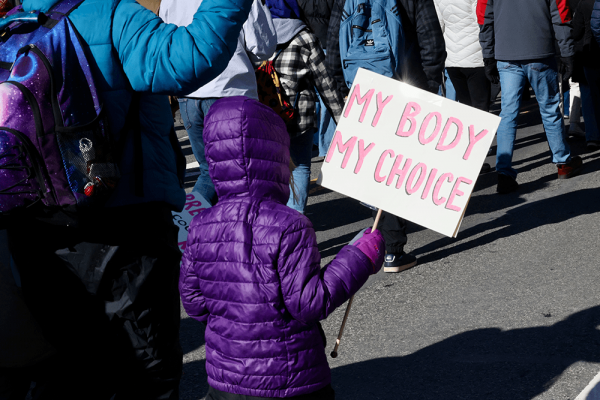Dec 9, 2024
Megan Boyd wasn’t surprised when she first heard her child Daisy describe the phrase “your body, my choice” being used at school. Saddened, yes. Disappointed, absolutely. But for Boyd, the surge in misogynistic rhetoric following the election was just another sign of a growing boldness she’d seen in her New Hampshire town.
Read the Full Article

Already a subscriber? Login
